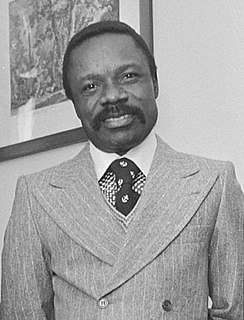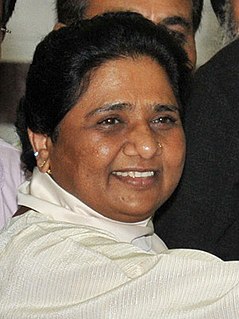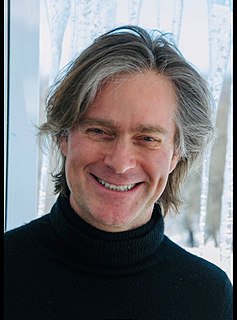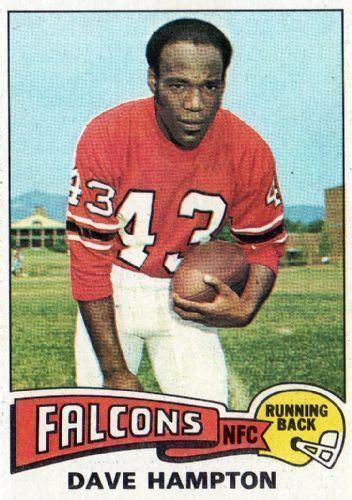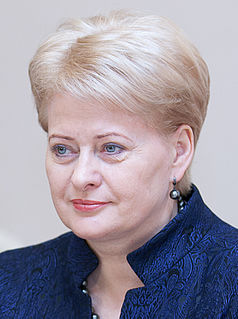A Quote by Omar Bongo
In spite of our poverty and our economic dependence, we do not have to give in, neither because we are sometimes abandoned nor because of the wish of some nations to impose their economic or political models.
Related Quotes
Viewed as a means to the end of political freedom, economic arrangements are important because of their effect on the concentration or dispersion of power. The kind of economic organization that provides economic freedom directly, namely, competitive capitalism, also promotes political freedom because it separates economic power from political power and in this way enables the one to offset the other
Nations are political and military entities, and so are blocs of nations. But it doesn't necessarily follow from this that they are also the basic, salient entities of economic life or that they are particularly useful for probing the mysteries of economic structure, the reasons for rise and decline of wealth. Indeed, the failure of national governments and blocs of nations to force economic life to do their bidding suggests some sort of essential irrelevance.
The greatest crisis of our lives is neither economic, intellectual, nor even what we usually call religious. It is a crisis of imagination. We get stuck on our paths because we are unable to reimagine our lives differently from what they are right now. We hold on desperately to the status quo, afraid that if we let go, we will be swept away by the torrential undercurrents of our emptiness.
When we liberate the economic potential of women, we elevate the economic performance of communities, nations, and the world... There is a stimulative and ripple effect that kicks in when women have greater access to jobs and the economic lives of our countries: Greater political stability. Fewer military conflicts. More food. More educational opportunity for children... By harnessing the economic potential of all women, we boost opportunity for all people.
Without calculation, economic activity is impossible. Since under Socialism economic calculation is impossible, under Socialism there can be no economic activity in our sense of the word All economic change, therefore, would involve operations the value of which could neither be predicted beforehand nor ascertained after they had taken place. Everything would be a leap in the dark. Socialism is the renunciation of rational economy.
The three pillars of development (economic, social and environmental) must be strengthened together. But it is evident that two of the pillars - economic and social - are subsidiary to, and underpinned by, the third: a vibrant global ecology. Neither dollars nor our species will out-survive our planet. The earth can survive happily without people or profit
The chief reason warfare is still with us is neither a secret death-wish of the human species, nor an irrepressible instinct of aggression, nor, finally and more plausibly, the serious economic and social dangers inherent in disarmament, but the simple fact that no substitute for this final arbiter in international affairs has yet appeared on the political scene.
In view of the importance of philanthropy in our society, it is surprising that so little attention has been given to it by economic or social theorists. In economic theory, especially, the subject is almost completely ignored. This is not, I think, because economists regard mankind as basically selfish or even because economic man is supposed to act only in his self-interest; it is rather because economics has essentially grown up around the phenomenon of exchange and its theoretical structure rests heavily on this process.
...the gross national product does not allow for the health of our children, the quality of their education or the joy of their play. It does not include the beauty of our poetry or the strength of our marriages, the intelligence of our public debate or the integrity of our public officials. It measures neither our wit nor our courage, neither our wisdom nor our learning, neither our compassion nor our devotion to our country, it measures everything in short, except that which makes life worthwhile.
I ran for president because I wanted to help Lithuania and its people during a difficult time. My country was on the very edge of an economic crisis, and people were disappointed by the economic situation and the political elite. We all needed change and motivation to consolidate our efforts in order to overcome the difficulties.
